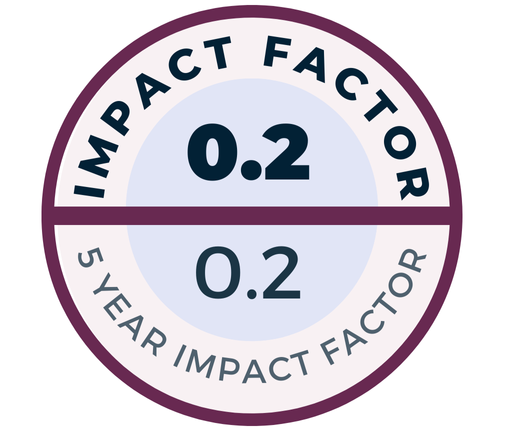In this review, we aimed to report the effects of pregnancy on olfaction function of the women. Since estrogen and progesterone levels change in specific physiological conditions, pregnancy and postmenopausal period exert an effect on the capability to sense and identify smells. Nasal stuffiness increased during pregnancy. 66.6% of the pregnant women were suffering olfactory dysfunction in the second trimester; while 95.8% in the first and third trimesters. Olfactory function was lessened following birth and throughout the first 6-12 weeks; however, it seemed to improve entirely. In pregnant women, olfactory dysfunction was observed in all trimesters; while it was less in the second trimester and high in the first and third trimesters. The smell abnormalities were almost absent at postpartum period. As olfactory functions improved after delivery of the baby, olfactory changes during pregnancy may be accepted as physiological changes which were observed in many pregnant women.

.jpeg)
